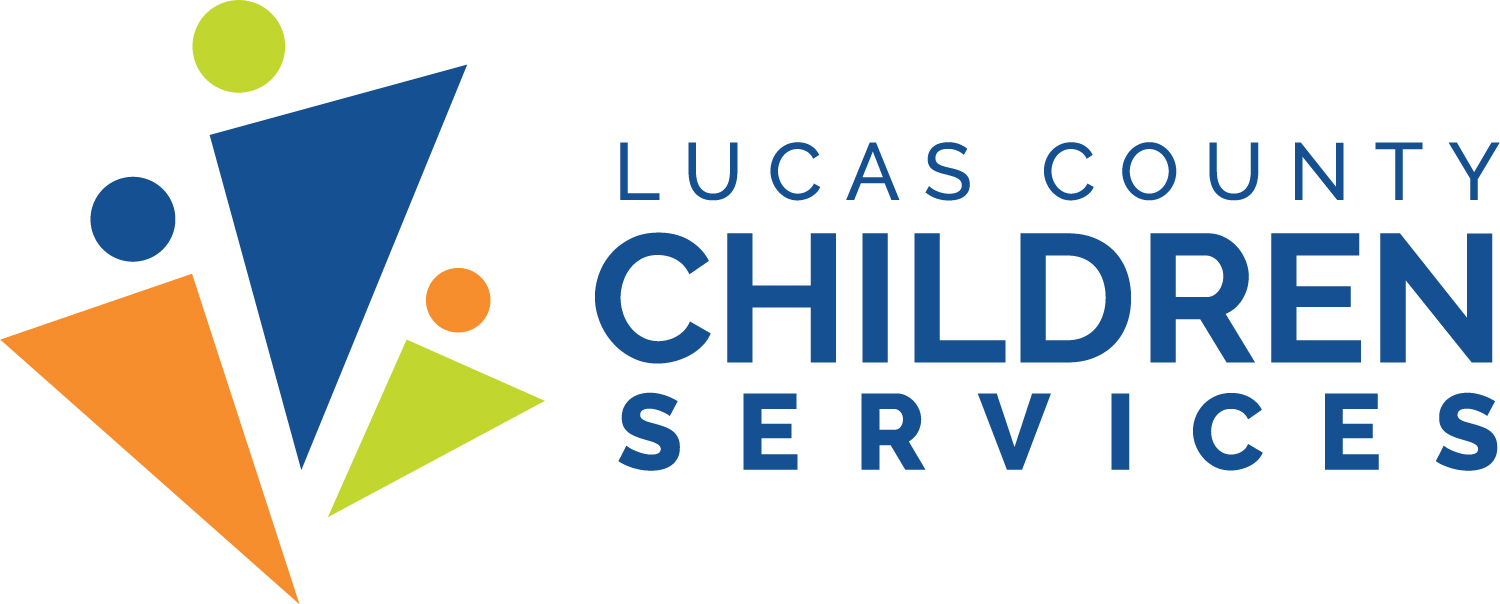Indicators of the Physical Abuser
In a family where physical abuse is occurring, the abusive adult may:
- have unrealistically high standards and expectations for himself/his children
- be rigid or compulsive
- be hostile and aggressive
- be impulsive with poor emotional control
- be authoritative and demanding
- fear or resent authority
- lack control or fear losing control
- be cruel or sadistic
- be irrational
- be incapable of child rearing
- trust no one
- believe in the necessity of harsh physical discipline
- accept violence as a viable means of problem resolution
- have an undue fear of spoiling the child consistently
- react to the child with impatience or annoyance
- be overly critical of the child and seldom discuss the child in positive terms
- lack understanding of the child’s physical and emotional needs
- lack understanding of the child’s developmental capabilities
- be reluctant or unable to explain the child’s injuries or condition or give explanations which are farfetched or inconsistent with the injury
- over or under react to the child’s injury
- not consent to diagnostic studies of the child
- have the child treated by a different hospital or physician each time the child needs medical attention
- fail to keep appointments
- perceive himself as alone, without friends or support
- view seeking or accepting help as a weakness
- be under pressure
- have an emotionally dependent spouse
- be engaged in a dominant-passive marital relationship
- have marital problems
- have been physically abused himself/herself
